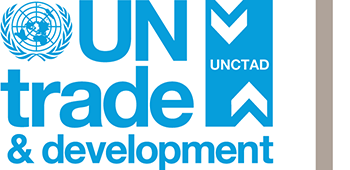The UNCTAD SDFA provides insight on the impact of the COVID-19 crisis on the external financial sustainability and public debt sustainability of selected developing countries. It identifies the development finance needs of selected beneficiary countries to achieve the most significant SDGs and how to make this compatible with external financial sustainability and public debt sustainability.
Taking as point of departure earlier UNCTAD work which estimated the impact of achieving SDGs 1-4 on public debt sustainability of selected developing countries, this framework goes beyond standard Debt Sustainability Analysis (DSA) as it focuses on the development finance requirements for sustainable development and considers all sources of foreign currency revenues (exports and remittances) and all types of external financing (external debt, foreign direct and portfolio investments).
Overcoming debt overhangs and attaining the SDGs as quickly as possible requires enhanced capability in beneficiary developing countries to diagnose external financial and public debt vulnerabilities so they can design debt strategies. Under this project, UNCTAD provides in-depth country analysis for Pakistan and Sri Lanka using the dashboard. Other countries can also benefit from SDFA in the future.
